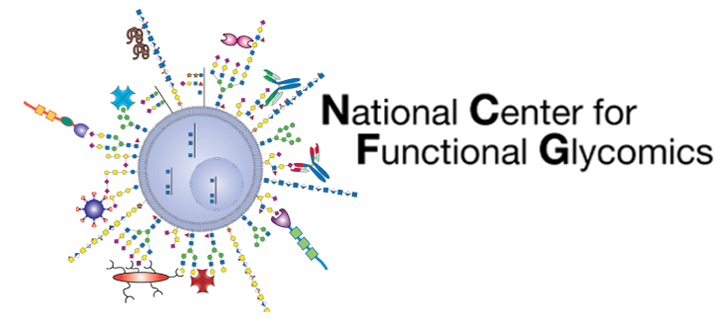Mealer R, Williams S, Daly M, Scolnick E, Cummings R, Smoller J. Glycobiology and schizophrenia: a biological hypothesis emerging from genomic research. Mol Psychiatry. 2020.
Abstract
Advances in genomics are opening new windows into the biology of schizophrenia. Though common variants individually have small effects on disease risk, GWAS provide a powerful opportunity to explore pathways and mechanisms contributing to pathophysiology. Here, we highlight an underappreciated biological theme emerging from GWAS: the role of glycosylation in schizophrenia. The strongest coding variant in schizophrenia GWAS is a missense mutation in the manganese transporter SLC39A8, which is associated with altered glycosylation patterns in humans. Furthermore, variants near several genes encoding glycosylation enzymes are unambiguously associated with schizophrenia: FUT9, MAN2A1, TMTC1, GALNT10, and B3GAT1. Here, we summarize the known biological functions, target substrates, and expression patterns of these enzymes as a primer for future studies. We also highlight a subset of schizophrenia-associated proteins critically modified by glycosylation including glutamate receptors, voltage-gated calcium channels, the dopamine D2 receptor, and complement glycoproteins. We hypothesize that common genetic variants alter brain glycosylation and play a fundamental role in the development of schizophrenia. Leveraging these findings will advance our mechanistic understanding of disease and may provide novel avenues for treatment development.
Last updated on 03/06/2023
